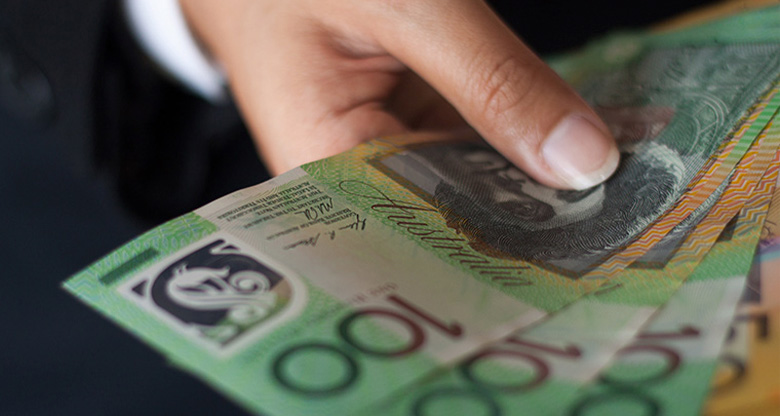Figure out how much you need
Start by thinking about what you might need to dip in to your rainy day fund for to work out how much to have it in. If your fridge broke down, how much would it cost to replace it? Or if your relatives live overseas and get sick, how much would flights cost to visit them?
Here are some examples of expenses that your rainy day fund could cover.
- Unexpected home repairs
- Major appliances that have broken
- Medical bills that cost more than you anticipated
2. Start saving into your fund
It’s a good idea to open your rainy day fund as a separate account so you don’t spend this money on every day essentials or draw down your one day savings.
Look at your budget to work out how much you could add to your rainy day fund each pay cycle, then use a savings calculator to see how long it will take to reach your savings goal.
If you have a NetBank Saver or GoalSaver account with CommBank, you can set up your rainy day fund by using the CommBank app. Just tap on your saving account to create a goal for your emergency fund.
3. Define when you will use it for you
Rainy days happen quite often, so it’s likely you will need to dip into this account on a regular basis.
You can set up recurring payments to go from your every day account once you get paid you so can keep it topped up even after you have used it.
Once you have built your rainy day fund, start building up your emergency fund, which will help you to recover from major unexpected expenses or more serious events such as a major illness.




